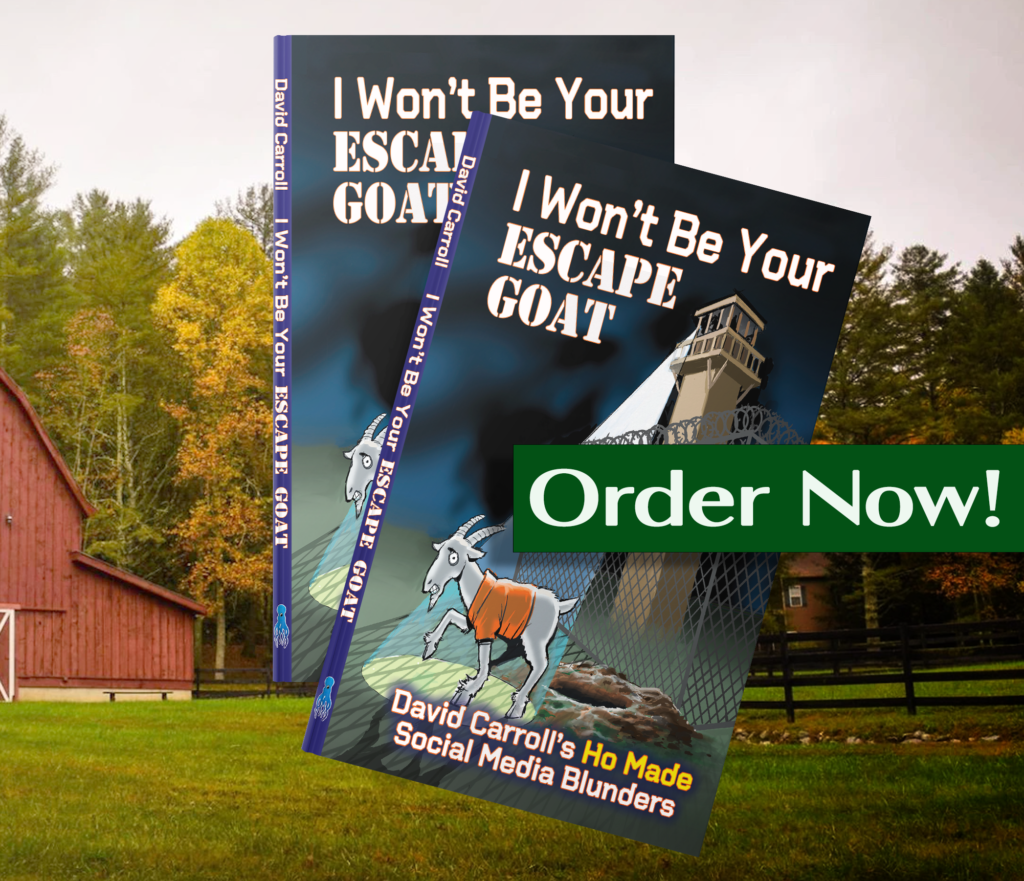Everybody who made it past 3rd grade has heard the story. At the age of 6, little George Washington chopped down a cherry tree with a hatchet that he had received as a gift. It sounds legitimate. Who among us has not been gifted with a hatchet at an early age? Anyway, when his father discovered what George had done, he became angry. Young George bravely said, “Father, I cannot tell a lie. I chopped down the tree.” George’s father embraced him and declared that his son’s honesty was worth more than a thousand trees.
This tale was first spun by a minister named Mason Weems, seven years after George Washington’s death. He had written one of the first biographies of our first president. Even though he had no first-hand knowledge of his subject’s childhood years, he admitted a little embellishment “helped illustrate that Washington’s public greatness was due to his private virtues.”
More than 200 years later, that story lives on, and it exemplifies the saying, “When the legend becomes fact, print the legend.” Of course, it isn’t the only baloney we picked up along the way. Those stories about Christopher Columbus discovering America, the Pilgrims hosting the first Thanksgiving, Paul Revere yelling “The British are coming,” Albert Einstein failing math, and Abner Doubleday inventing baseball are all unfounded. Fact checking was not a priority in the old days, and “a good story” would get passed from generation to generation. As some people say about Facebook today, if we saw it in a textbook, it had to be true.
Since this column is about honesty, let me confess. During my long, strange career, I have spread a few little lies myself. As a teenage disc jockey, I was not above being fast and loose with the truth. It was relatively harmless stuff. I wasn’t misrepresenting any important facts. I was just using the imagination of radio, the theater of the mind.
Sometimes it was a creative way to introduce a song. Back in the 1970s, a group called Blue Swede did a novelty version of an old B.J. Thomas hit, “Hooked on a Feeling.” Maybe you remember it. The first words were “Oooga Chocka, Oooga Oooga,” chanted over and over.
Just for fun, I made up a story about the record producers searching the world to find a tribe of natives who would recite the chant. Each time I told the story, I added some element of danger. Wild animals, narrow escapes with death, you name it. I soon heard others repeating my nonsense as fact, so I revealed the truth. The chanting was just a gimmick, recorded in a studio. Setting the record straight was the right thing to do, but I still prefer my version of the story.
I also took a bath one night on the radio, with the help of sound effects records. Listeners heard water filling the tub, with me splashing around. I was describing the bubbles, squeezing a rubber duck, and eventually draining the tub. Somehow I also played the hits for about 30 minutes, updating the progress of my bath between every song. People were still talking about my “bath” a month later. I never did own up to the truth until now. The legend was far more entertaining than the reality.
When it comes to today’s news, many of us don’t mind outright lies as long as they echo our opinions. That doesn’t mean that there are no consequences. Disgraced former Congressman George Santos and actor/hate crime hoaxer Jussie Smollett once had bright futures. When their lies were exposed, their careers were ruined.
On the other hand, the cable opinion network Fox News was fined $787 million for defaming Dominion, the voting machine company. Fox attorneys were forced to admit the network had lied about a rigged election in 2020, but most Fox viewers didn’t blink an eye. That network remains a primary source of information for millions.
I worry that today’s young people don’t know the difference between political talking points and actual news, because it’s all delivered by somebody in a suit, sitting behind a desk, talking on TV. To them, it looks the same. And that’s the truth.



In the political/culture war arena, whether something is factual, objective truth is less important than if it “feels like something that might be true” or reinforces a bias or belief one already possesses.